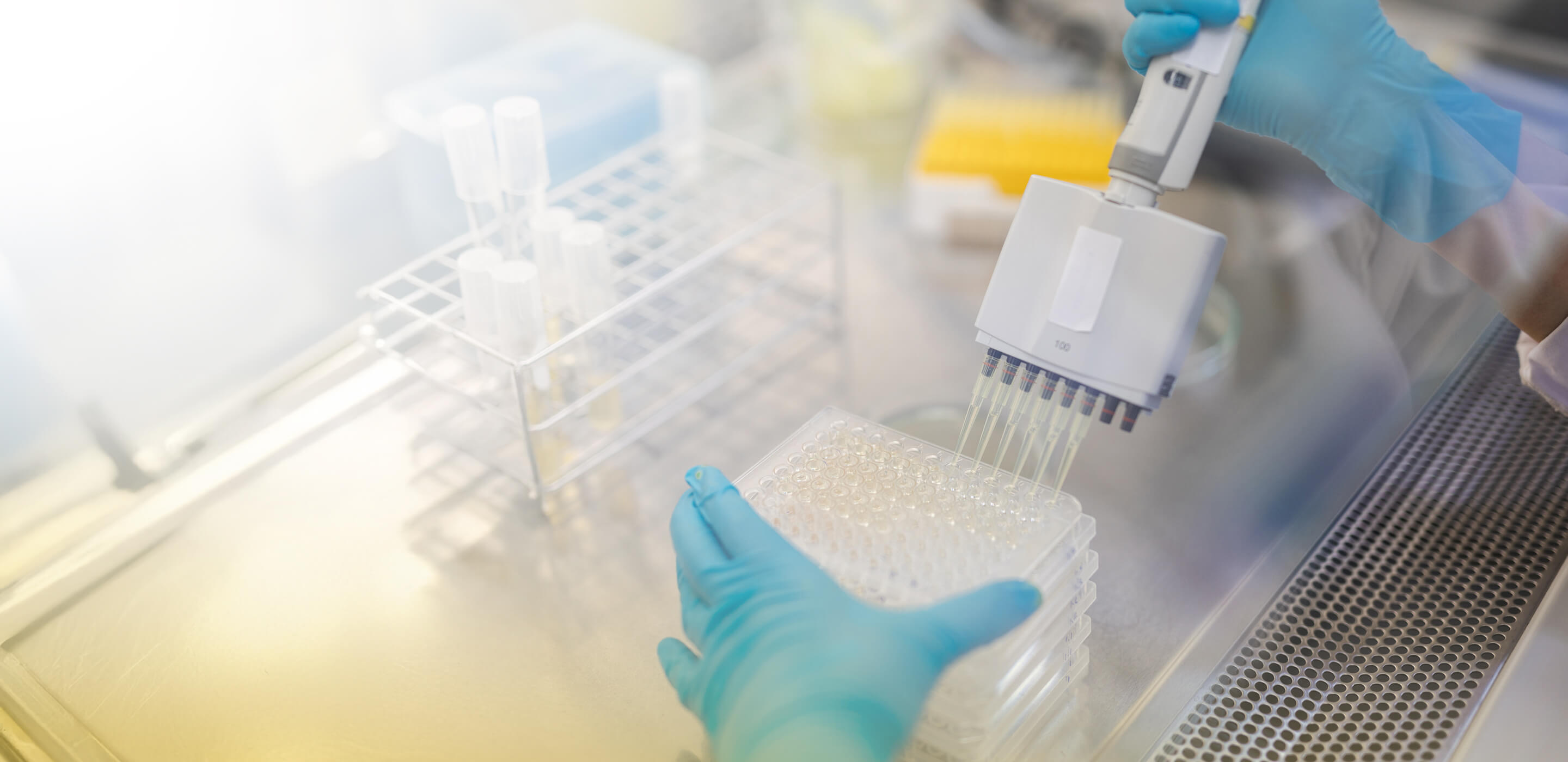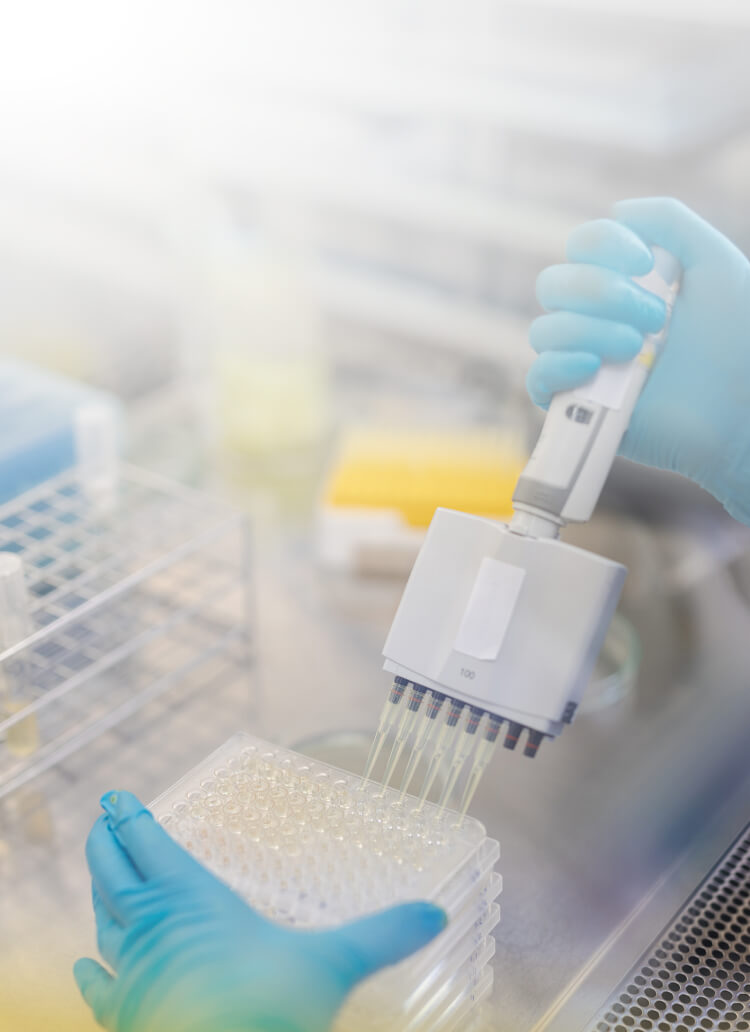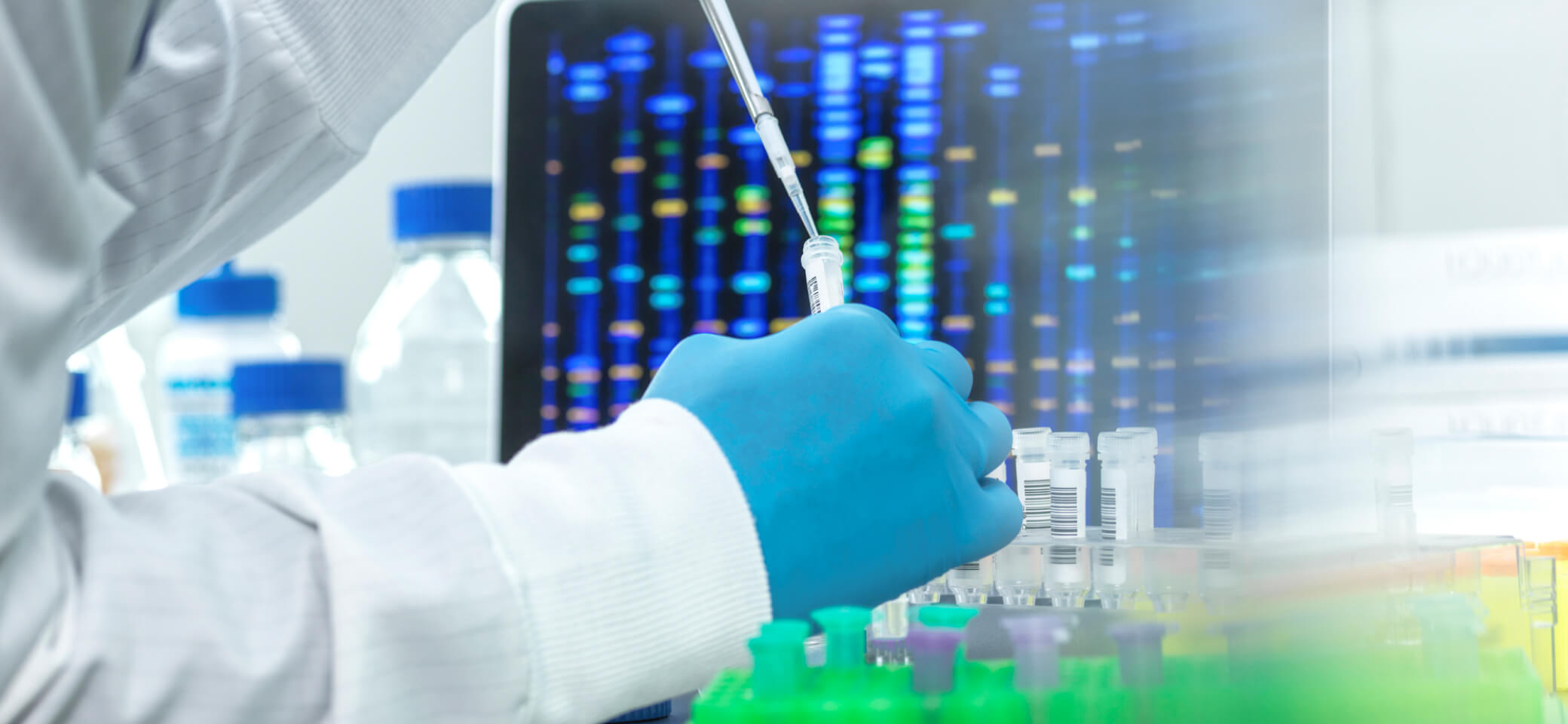Your local home for world-class fertility care
Our boutique fertility clinic is located in northeast Louisville, Kentucky, convenient to Bardstown, Bowling Green, Lexington, Owensboro, Richmond, and Southern Indiana.

Preimplantation genetic testing (PGT) can help aspiring parents safeguard against genetic diseases and chromosomal disorders by accurately identifying healthy, chromosomally normal embryos before they're transferred to the uterus via IVF (in vitro fertilization). PGT is especially beneficial for individuals who are of advanced age, have experienced recurrent pregnancy loss, or carry a known risk factor for genetic disorders. Additionally, it can assist intended parents who wish to have a child who is a healthy bone marrow or blood match for another family member, as well as those concerned about gender-specific hereditary conditions.
At Kentucky Fertility Institute, we can help you determine whether PGT is a valuable option for your journey and walk you through each step of the process.
There are three different types of PGT available:
Preimplantation genetic testing for aneuploidies (PGT-A), used to identify embryos that have an irregular number of chromosomes
Preimplantation genetic testing for monogenic disorders (PGT-M), used to identify embryos that have specific genetic disorders
Preimplantation genetic testing for structural chromosomal rearrangements (PGT-SR), used to analyze embryos for certain types of chromosomal abnormalities, such as translocations
Humans have 46 chromosomes, or 23 pairs, which contain all DNA and genes to support life. During fertilization, an embryo receives 23 chromosomes from the sperm and 23 chromosomes from the egg to form either 46, XY (male) or 46, XX (female). Aneuploidy results when an embryo has an abnormal number of chromosomes — too many or too few. Aneuploidy is seen more commonly in embryos with increasing maternal age and does not typically run in families. While most aneuploidies are lethal to an embryo or early pregnancy, some can affect the health of a liveborn child, including:
Trisomy 21 (Down syndrome)
Trisomy 18 (Edwards syndrome)
Trisomy 13 (Patau syndrome)
Turner syndrome
Many genetic disorders can be directly passed from one or both parents to their children. Depending on the inheritance pattern, there may or may not be a family history of disease. Common single-gene disorders include:
Cystic fibrosis
Fragile X syndrome
Spinal muscular atrophy
Tay-Sachs disease
Muscular dystrophy
Sickle cell disease
Translocations are abnormalities of a chromosome's structure. They occur when fragments of a chromosome break off and rearrange onto a different chromosome or within themselves. These structural variants cause affected individuals to produce abnormal sex cells (sperm or eggs) with an unbalanced amount of DNA, which commonly results in a high rate of infertility and miscarriage.
The process for each type of PGT is similar. Eggs from a female patient (or donor) are fertilized with sperm from a male patient (or donor) in our laboratory, and the resultant embryos are cultured for five to seven days. Once an embryo reaches the blastocyst stage, a few cells from its outer layer are biopsied by a highly-skilled embryologist, taking special care not to cause harm to the embryo. The embryo is then cryopreserved (frozen) until test results are available.
PGT is extremely accurate. The risk of a misdiagnosis is less than two percent. However, PGT cannot guarantee the birth of a healthy baby. Additionally, based on biological and laboratory variables, some PGT testing may yield no diagnosis, a partial diagnosis, or result in no normal embryos available for transfer.
Children born from embryos that have undergone PGT are not expected to have significant issues. In rare cases, removing some cells from the embryo can cause damage, resulting in the inability for implantation. At KFI, we'll review all risks and answer all questions before performing PGT.
Most patients can expect their results in about two weeks, though select cases can take longer. We understand that this waiting period can be challenging, and our team is always available to answer your questions or discuss any concerns.
If PGT determines you have no viable embryos, you may need to consider undergoing a second IVF cycle. Understandably, this can be frustrating, but our team will discuss options with you to help maximize your chance of obtaining a healthy embryo to transfer.
Mosaic embryos have a mix of chromosomally normal and abnormal cells. While mosaic embryos generally have lower potential, they can still result in a healthy baby. If you have a mosaic embryo, our team will discuss your results in detail and help determine whether an embryo can safely be transferred. Genetic counseling services are also available.
While some parents may consider multiples to be a welcome surprise, these situations are associated with higher risks of complications for a mother and her children. By using PGT to determine whether an embryo is chromosomally normal, our team can confidently transfer a single embryo with a high rate of success and minimal risk for complications.
Preimplantation genetic testing can give aspiring parents undergoing IVF peace of mind that their embryos have a high likelihood of successful implantation. At Kentucky Fertility Institute, our expert team can perform PGT as part of your IVF process. Contact us today for more information or to schedule an appointment.
Our boutique fertility clinic is located in northeast Louisville, Kentucky, convenient to Bardstown, Bowling Green, Lexington, Owensboro, Richmond, and Southern Indiana.


